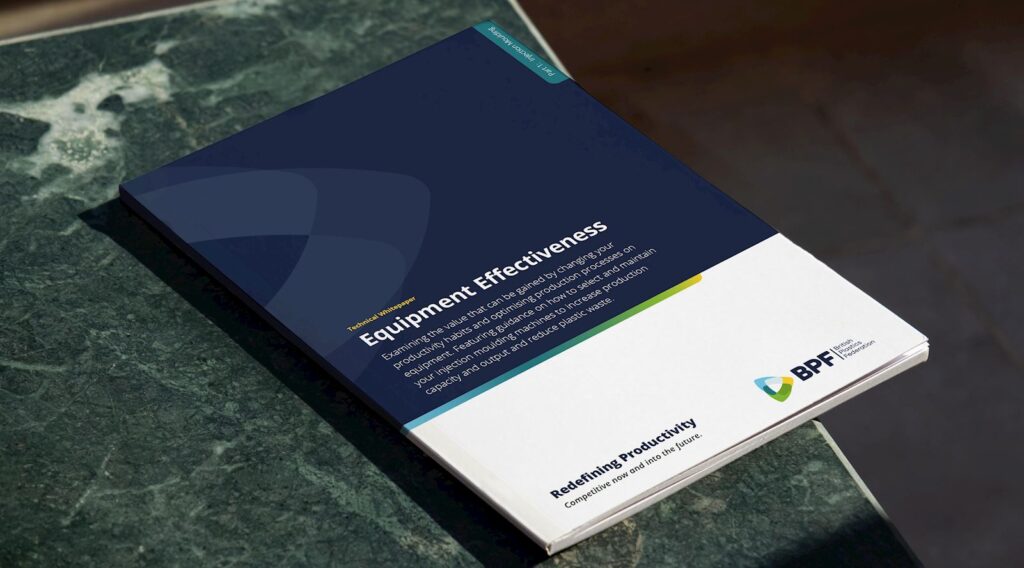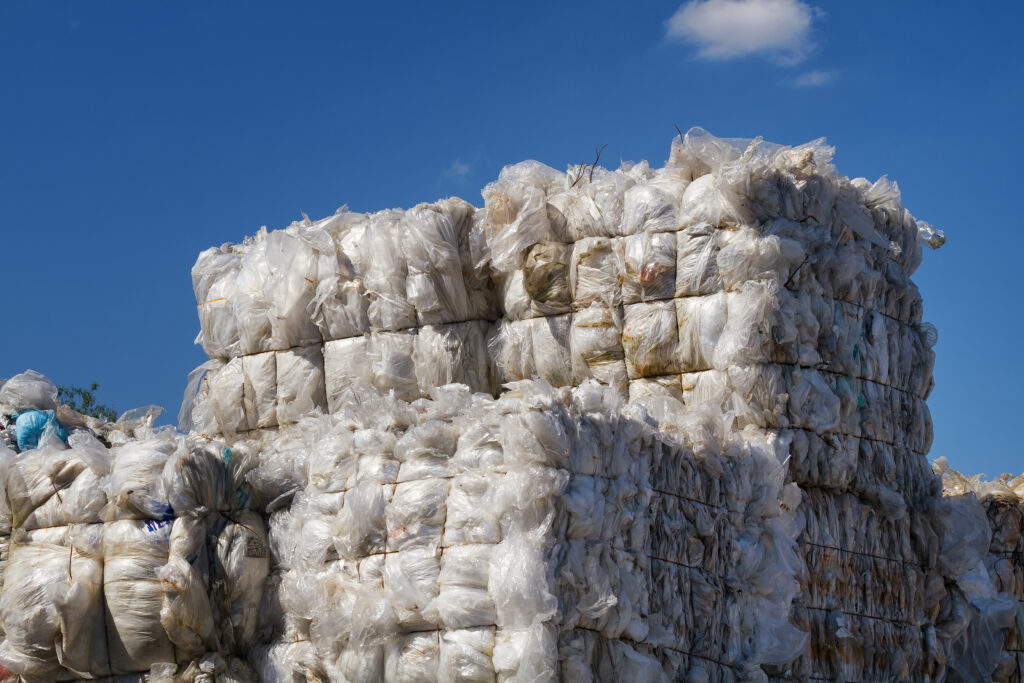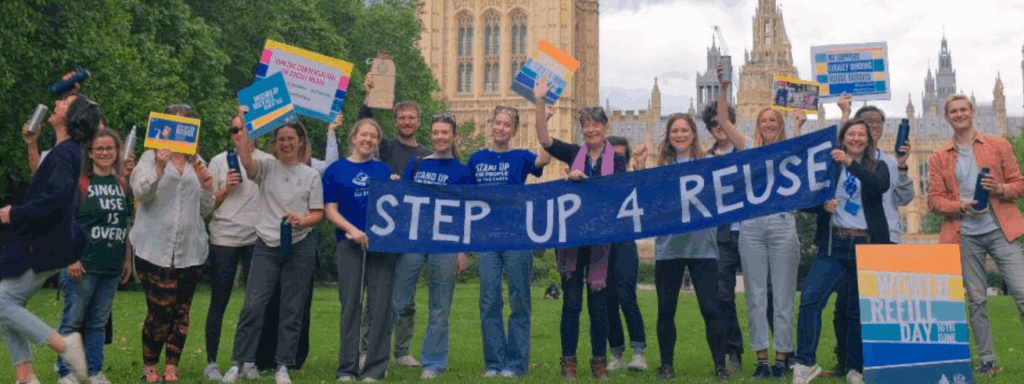The guide explores the value plastics manufacturers can gain by optimising production processes on equipment, focusing specifically on injection moulding.
It covers the importance of an equipment investment and maintenance strategy to increase capacity and reduce plastic waste.
Sever case studies illustrate that adopting a “holistic approach” to productivity can increase output by 20% and can reduce heating energy by 40%, with up to 85% in overall energy savings.
The content was generated through a combination of desk research, workshops and drawing upon industry expertise, with contributions from Engel UK, Sumitomo (SHI) Demag UK and Jaguar Land Rover.
The guide is available for free download until the end of the year and forms part of the BPF Productivity Committee’s “Redefining Productivity” project “Redefining Productivity”.
It is the third in the series of peer-reviewed guides, with the first two discussing energy management and product design and only available to BPF members.
Three more are set to be published in the coming months covering automation, digitalisation and minimising waste.
BPF president and director at Sumitomo Demag, Nigel Flowers, said: “These publications are an important resource for companies both large and small to help identify opportunities to improve their productivity, efficiency, sustainability and therefore their profitability. Thank you to all the industry leading companies who contributed by freely giving their time to share best practice. This is just the beginning; more updates will follow.”
Contributor Jaguar Land Rover’s Ian Ray added: “These guidance documents from the BPF are vitally important for the plastics industry, encompassing all areas of the wider supply chain. The UK productivity conundrum looms large in every sector, but this initiative will make a meaningful difference to the plastics industry —one that is worth over £28 billion to the UK economy.”
The BPF’s productivity guides will be revised annually to ensure they keep up with industry standards and new innovations. Phase two of this project is currently underway, with more documents in the pipeline for 2025.
The BPF on extended producer responsibility
Yesterday (14 November 2024), the BPF’s director of packaging, Brian Lodge, spoke at letsrecycle.com’s extended producer responsibility (EPR) conference in London.
Lodge said that the indicative fees set by Defra in September seem “fairly reasonable” for plastics but that the accuracy of the data is “open to speculation”.
He added that he hoped the legislation will incentivise packaging manufacturers to innovate and will lead to a reduction in residual plastic packaging waste.
He concluded: “There are some positives to take from progress so far, but more work is needed to create a fair and equitable system that the plastics packaging industry can thrive within.”








Subscribe for free